London Riots 2011: Latest Pictures of a City on the Brink
As riots continue, London is both beginning the cleanup and struggling to stem unchecked chaos. After three nights, looting continues in many areas of the capital despite the presence of 1,600 police officers on the streets.
Businesses across London closed Tuesday, fearing that violence would spread further. Store owners were seen nailing wooden boards over shop windows, and many businesses pulled down metal grating and barriers to protect their property. The barricades can only do so much, however, and in Hackney, people ripped though the metal shutters of a Carhartt clothing store before looting its contents.
Yet, in some areas such as Clapham Junction -- where rioting struck Monday afternoon -- residents are already picking up the pieces. In the south London neighborhood, people holding brooms gathered in the streets, defiantly showing they are ready to start healing. Joined by Mayor Boris Johnson, the residents of Clapham swept up broken glass and cleaned sidewalks.
In Hackney, where on Monday masked youths broke into shoe and electronic stores as well as attacked and burned buses, city officials have been towing away the charred skeletons of cars.
"The violence we've seen, the looting we've seen, the thuggery we've seen, this is sheer criminality ... These people will be brought to justice. They will be made to face the consequences of their actions," Home Secretary Theresa May said Monday.
Rioters have been targeting retail stores in particular. This fact has led many commentators in Great Britain to blame economic tension and massive unemployment among the poor -- especially poor youths -- for the events. Main streets have been the focal point for riots in all of the neighborhoods in question.
The riots were spurred when police shot and killed Mark Duggan, a suspected drug dealer, in Tottenham last Thursday. The residents of the north London neighborhood staged a peaceful demonstration on Saturday, but the rally was soon spoiled when police and marchers clashed on the high street.
But the rioting is likely about more than just the death of Duggan, and the outflow of violence is also an outflow of frustration. England, like many European countries, is in the midst of serious fiscal inadequacies, and poor neighborhoods such as Tottenham and Hackney suffer most. Unemployment is rampant in such areas, especially among youth and minorities in north London.
"Tottenham is a deprived area. Unemployment is very, very high... they are frustrated," recently laid-off Uzodinma Wigwe told Reuters.
"We know we have been victimized by this government, we know we are being neglected by the government," said another middle-aged man who declined to give his name. "How can you make 1 million youths unemployed and expect us to sit down?"
Unemployment among Britons between the ages of 16 and 24 reached 20 percent in the first quarter of 2011, and is expected to get worse.
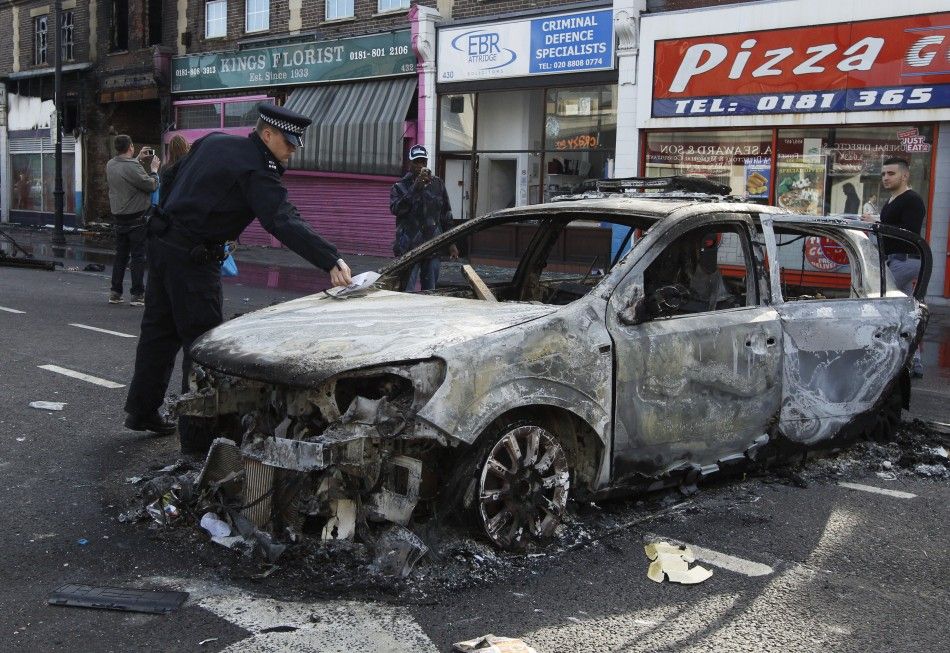
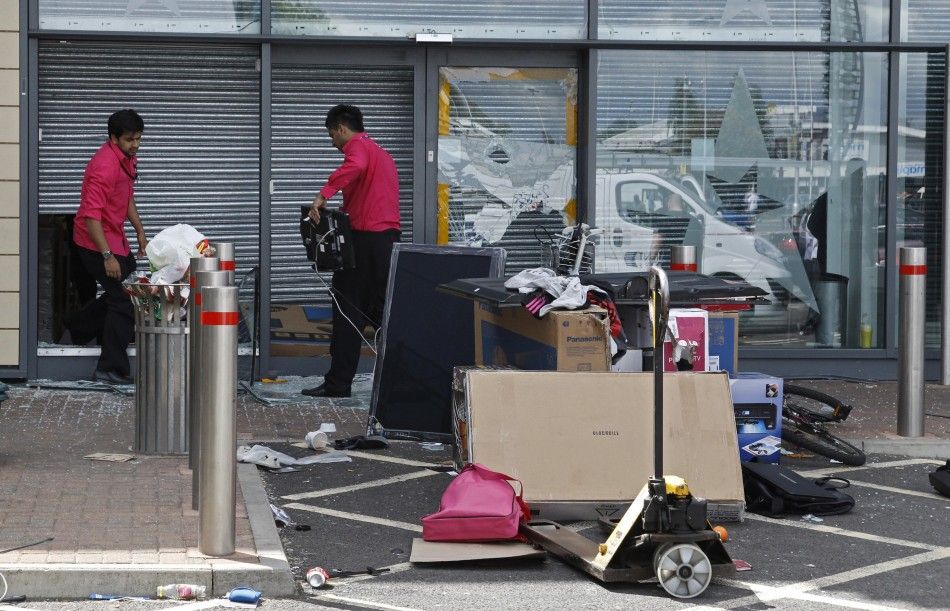
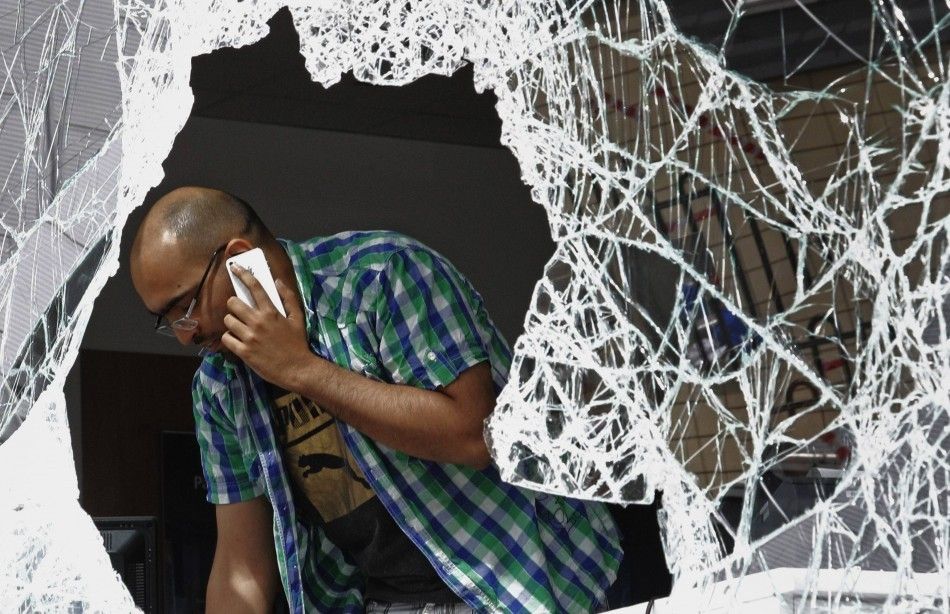
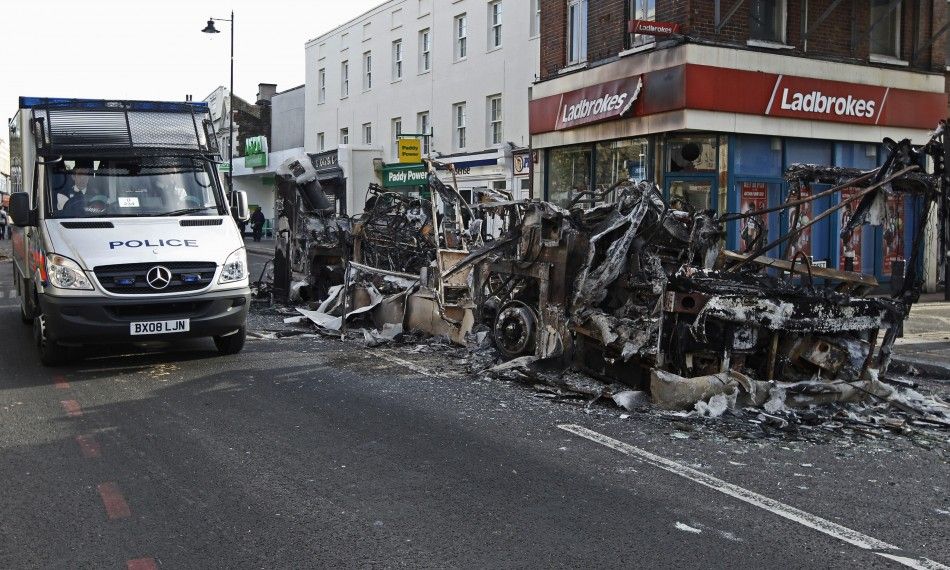
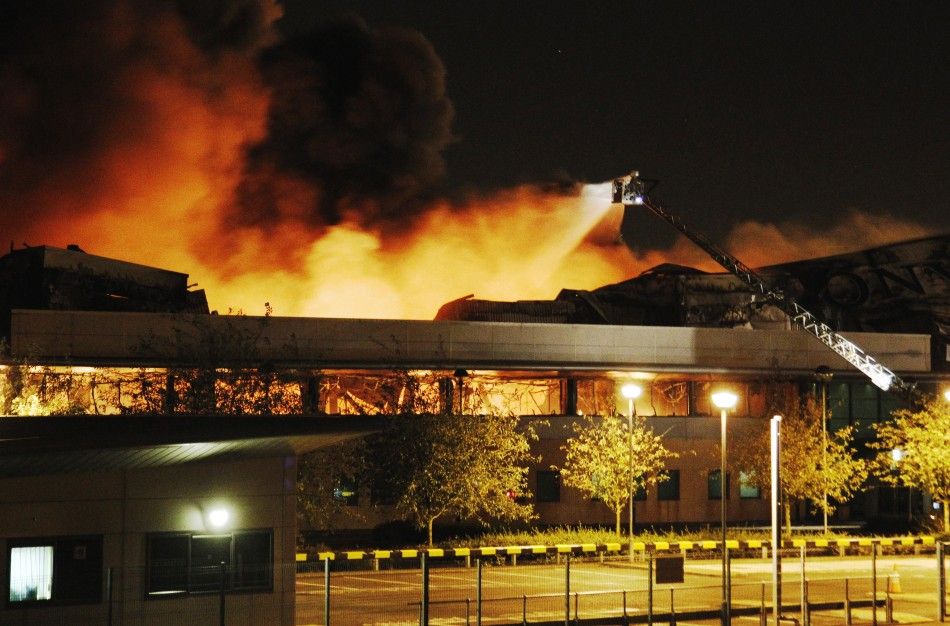
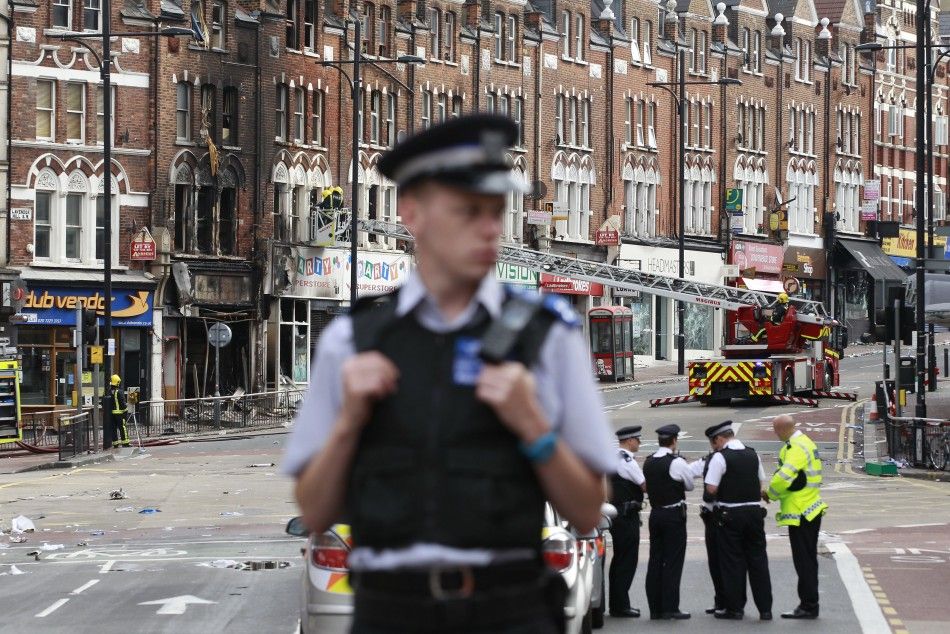
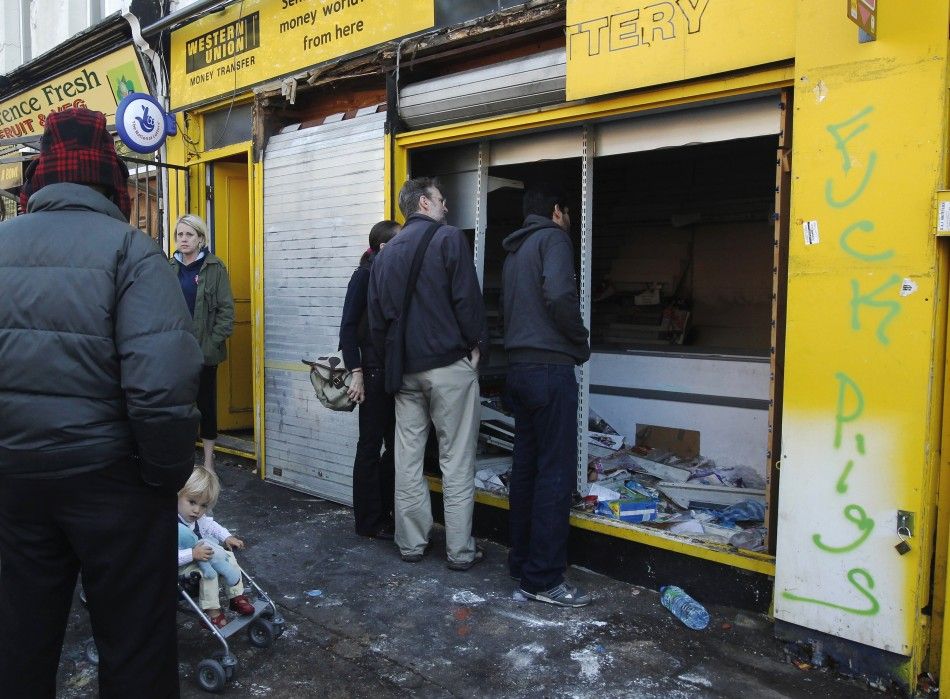
© Copyright IBTimes 2024. All rights reserved.











